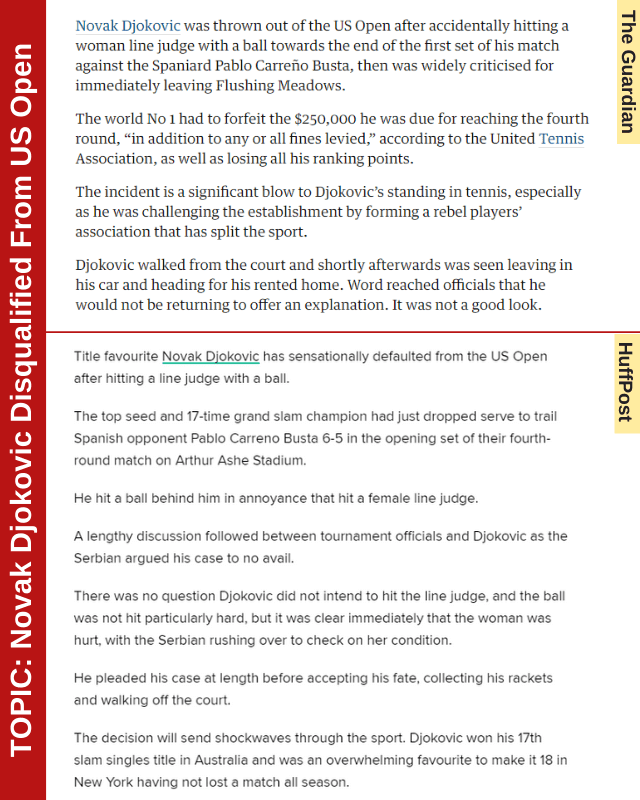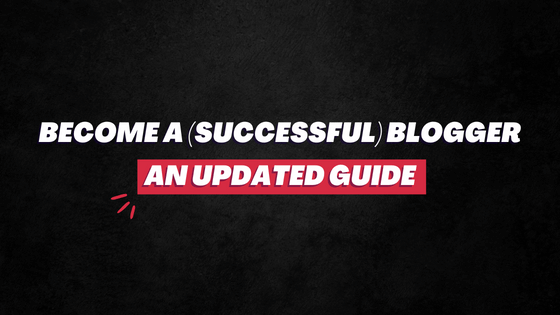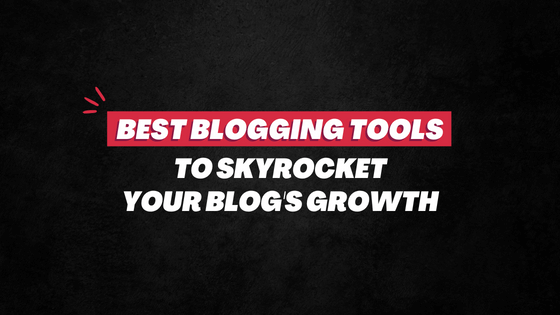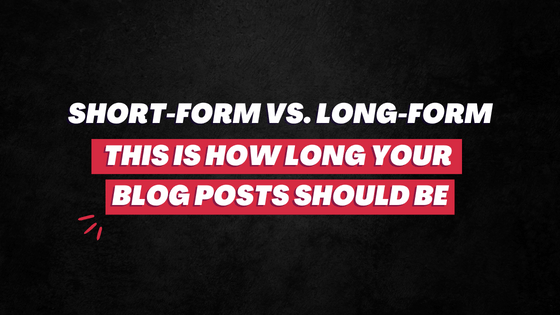There’s no formal or outlined distinction between a blogger and writer or content writer.
What you hear and read on this subject are rather subjective, based on one’s own understanding and opinion.
While some believe blogging is a part of writing, others think writing is a part of blogging.
And then there is the majority that assumes blogging and writing are same.
Honestly, there’s no reason to make any blogger and writer difference. The lines are blurred and the conversation is irrelevant. But if you’re still interested, kudos! Here’s my POV…

Who is a Blogger?
Bloggers write exactly the way they talk.
They write for others.
Their focus remains on the target audience.
Their copies include various marketing elements.
Their style of writing is informal.
The way their copies are formatted is also different. Their sentences and paragraphs are small.
Their copies are more engaging, which often address the readers in first-person.
Blogging also has a personalized undertone that incorporates personal experiences, stories and anecdotes.
Who is a Writer?
Writers are more professional in the sense that their copies are formal with keen proficiency in grammar and punctuation. Usually, their focus is more on what they want to say over the needs, pain points and preferences of the target audience. Their writing and formatting style varies as well vs. bloggers; their sentences and paragraphs stretch longer. Their copies lack marketing and UX elements, overlooking what the search engines and, most importantly, the target audience require and desire.
Blogging vs. Writing
Writers are more about “what I want to say” and bloggers are about “what my audience wants”.
The former is about “how do I say this in the most attractive way”; the latter is about “how do I say this in a simple way that my audience understands easily”.
Writers inform, describe and narrate; bloggers engage and strive to drive action.
For example, you can compare the content on, say, The Guardian and Huffington Post. You will notice a big difference in the style and format of their copies.
The Guardian is one of the world’s leading newspaper websites that homes some of the finest writers and editors. The HuffPost is one of the top news blogs that employ savvy bloggers and marketing-driven editors.
Check this one out:

Both pieces cover the same story. Notice the difference: in style, format, choice of words, the way they are describing the incident.
It might not necessarily be the best example of blogger and writer difference; after all, these sites have their own editorial policies.
But you got the gist, right?
Who’s Who: It Doesn’t Matter
As mentioned earlier, the line between a blogger and writer is blurred.
If you can put words on the paper, you can blend into any role.
So, explicitly defining who’s a blogger or writer is an irrelevant – and a confusing – conversation…
It gets even more confusing when you mix other forms of writing into it as well: content writer, copywriting, SEO copywriting, SEO writing, sales copywriting, social media writer, brand copywriter, creative writer, web writer, catalogue writer, and more.
Ideally, they have their own unique proposition or definition – but it doesn’t matter anymore. The lines are blurred.
You will now find the SEO writers creating copies for social media as well.
You will see the authors blogging.
You will discover sales copywriters also creating top of the funnel content.
For instance, I consider myself a hardcore blogger. But under the content role at my day job, I create a wide range of copies, right from press releases and emails to ads and social media posts.
So, coming to blogging vs writing or even blogging vs content writing…
It doesn’t make a difference.
People already use them interchangeably, based on preference and opinions. You can too.
Blogging has become a wholesome word now.
Bloggers, who want to make money, now do everything – from creating videos to designing social media images to email marketing.
This broader definition of a blogger certainly makes them quite different from the writers, who usually focus on writing.
But this is a whole different conversation altogether.
If you can create a wide range of copies and blend your style fluidly, you can call yourself a full-stack writer, which would include everything from blogging to copywriting.
Recommended Reads:
- How to Start a Blog in 2020: Complete Guide
- How To Increase Blog Traffic? (A No-BS Guide For 2020)
- How To Make Your Content More Engaging? (15 Practical Ways)
- How to Create Content Fast (Without Hurting Quality)
- 21 Ways To Make Money From Your Blog in 2020
- SEO Writing: 2020 Guide to Create Content That Google Rewards
- Do You Need To Have A Strong Writing Skill For Blogging?
Have a great day! 🙂



